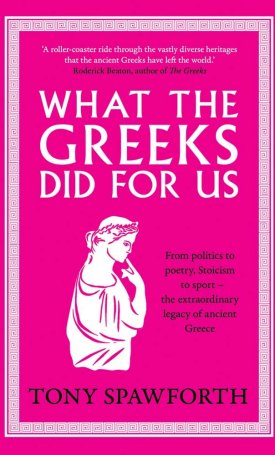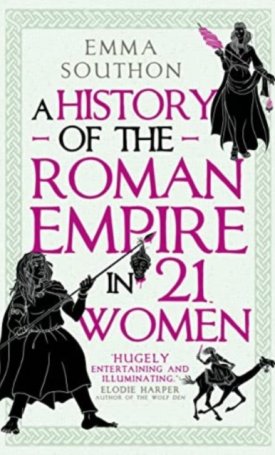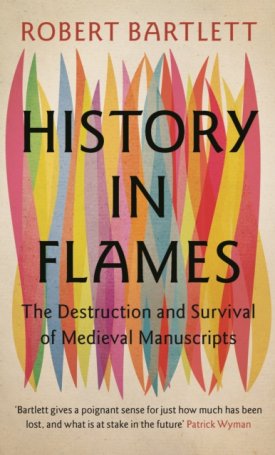Human Smoke - The Beginnings of World War II, the End of Civilization.
-10%
4 700 Ft
4 230 Ft
Előrendelés(Bejelentkezés szükséges)
A kedvezményes árak kizárólag a webshopunkon keresztül leadott megrendelésekre érvényesek!
Human Smoke - The Beginnings of World War II, the End of Civilization.
"The novelist Nicholson Baker’s customary style in books like “The Mezzanine” and “Room Temperature” is to observe the world in slow, painstaking detail, relishing the tiny moment, enjoying the aside for the sake of accuracy, insisting on charting the precise state of things. He has now applied this system to history, to the few years before the United States declared war on Japan and entered into World War II as a full participant. It is clear Baker has not done this as a literary exercise, nor as a new way of amusing himself and his readers, but because of a passionate view of how the war against Germany was conducted by Britain under Winston Churchill.
There is, it seems at first, a sort of madness in his method. He does not offer a straightforward narrative as a historian or a polemicist might do, but instead his book is made up of a set of vignettes, each containing a fact or a quotation from one of the main participants, or from someone who kept a diary. Most vignettes carry a date. Sometimes these entries come three to a page, sometimes they are slightly longer. Slowly, as you read, because of the variety in the tone and the shocking or tragic nature of the quotation, and because of how well chosen they are, “Human Smoke: The Beginnings of World War II, the End of Civilization” becomes riveting and fascinating. It is as though a brilliant film editor, with an urgent argument to make, began to work with gripping newsreels.
The main figures in the book are Churchill and Franklin Roosevelt; members of the pacifist movement including Gandhi; Hitler and his entourage; and diarists like Victor Klemperer in Dresden and Mihail Sebastian in Bucharest. But sometimes it is the simple stark fact that makes you sit up straight for a moment, like this one from early in the book: “The Royal Air Force dropped more than 150 tons of bombs on India. It was 1925.” This, coming soon after an account of the proposed bombing of civilian targets in Iraq in 1920 (with Churchill writing: “I am strongly in favor of using poisoned gas against uncivilized tribes”), sets a theme for the book, which Baker will skillfully weave into the fabric of events mainly between 1920 and 1942 — that the bombing of villages and cities from the air represents “the end of civilization.” (The New York Times)
A szerzőről:
Nicholson Baker was born in 1957 and attended the Eastman School of Music and Haverford College. He is the author of several novels, including The Mezzanine, Vox and The Fermata, and four works of non fiction, U and I, The Size of Thoughts, Double Fold (winner of the 2002 National Book Critics Circle Award), and Human Smoke. He lives in Maine.
















